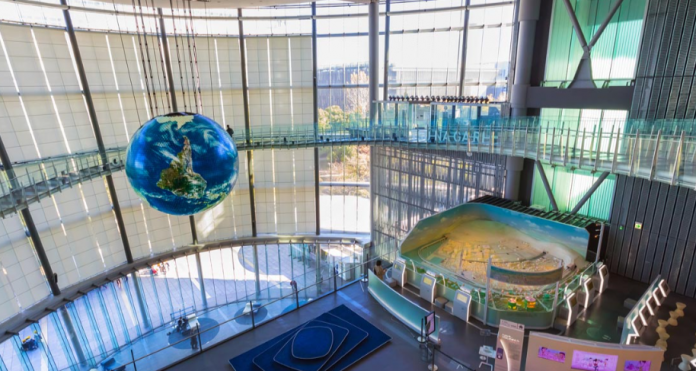Open Access Government chart the priorities of the Japan Society for the Promotion of Science (JSPS) in supporting excellent young research, both nationally and internationally
The Japan Society for the Promotion of Science (JSPS) provides stable and sustainable support for the activities of researchers. One way of doing this is by strengthening international research networks and advancing researcher circulation.
Globalisation, rapid advances in IT and other technologies are all exerting a forceful impact on scientific research. While increasing opportunities for researchers to play active roles in both Japan and overseas, this transformation is also causing intensive international competition in search of superlative knowledge and personnel.
Amidst this shift, for Japanese researchers to play a leading role in advancing scientific research on a global level, JSPS President SATOMI Susumu, M. D., Ph. D., stated that “they will need to insert themselves within global research networks and compete with others in an atmosphere of friendly rivalry amidst the international circulation of the world’s finest brains. This sort of international engagement will elevate the global visibility of Japan’s researchers and research institutions while attracting excellent researchers to Japan from around the world.”
Furthermore, it will strengthen international research networks that generate world-class knowledge. Creating this kind of excellent research and knowledge circulation is critical to Japan’s future, and JSPS is working to advance this mission through a variety of programmes that operate in cooperation with its funding agencies. The FY2022 call for proposals of JSPS bilateral joint research projects took place earlier this year and will contribute to fostering innovative international exchange between Japan and counter-part countries.
HOPE Meetings
June 2021 marked the call out for applications for the 13th HOPE Meeting, set up by JSPS. To advance science and technology within the Asia-Pacific and Africa region, it is necessary to foster talented young researchers who often have wide perspectives that transcend individual disciplines and values derived from the region’s inherent cultures.
To foster such researchers, HOPE Meetings have been regularly organised by JSPS since 2008. The title “HOPE” signifies the promise held for young scientists and optimism for a bright science and technology future in the Asia-Pacific and Africa region.
HOPE Meetings continue to give opportunities for excellent doctoral students and young researchers selected from areas within these regions to engage in interdisciplinary discussions with Nobel laureates and other distinguished scientists and researchers. Their programmes include:
- Dialogue with distinguished scientists pioneering the frontiers of knowledge.
- Exchanges among the participants themselves, who live under the same roof for one week.
- Cultural lectures and activities.
The 13th Hope Meeting will take place from 7th-11th March 2022 and will consist of the above activities. Interaction between researchers of the same generation is one of the most important aspects of these meetings, as it is activities such as this that spark
new ideas and create a sense of excitement in the field of science. Through lectures and art programmes in the social field, JSPS will cultivate a wider education and cultivate humanity as scientists, and provide opportunities for them to make a leap forward as researchers who will be responsible for future scientific research in these regions.
Challenges post-COVID-19
Some challenges in this vein lie ahead beyond COVID- 19 in supporting excellent young researchers & international research collaboration. As part of its measures to prevent the spread of COVID-19, JSPS has adopted a work-from-home policy and keeps the number of employees working at the office to the minimum necessary. Many projects, meetings and opportunities have been postponed due to the COVID-19 pandemic, and of course, travel restrictions have restricted cross-border collaboration. However, certain opportunities have adapted to this “new normal”, such as the first Frontiers of Science Open Symposium (FoS) which took form as a Zoom Webinar. The symposium successfully welcomed about 300 participants and most of them were young researchers. Each session received a volley of questions followed by the heated discussions.
Furthermore, the JSPS budget for the 2020 fiscal year totalled ¥269.2 billion. This includes ¥26.6 billion in operating expense subsidies from the National Treasury, ¥139.4 billion in subsidies for Grants-in-Aid for Scientific Research, and ¥1.5 billion for the “Leading Initiative for Excellent Young Researchers” programme. Also included is ¥100.6 billion for a grant programme financed via a fund established by the government. This shows that despite the COVID-19 crisis, research excellence has continued throughout 2020 and into 2021.











